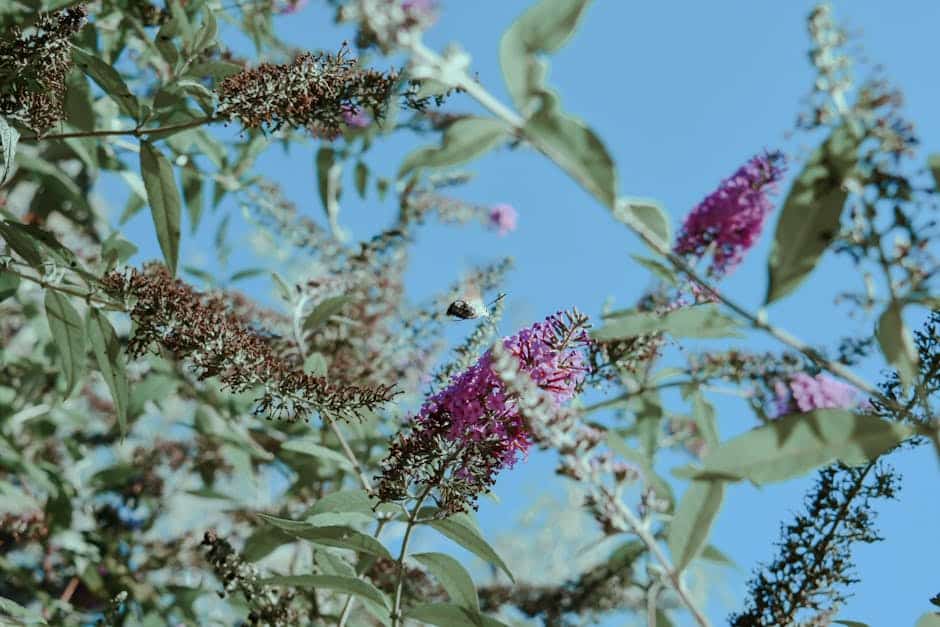How to Create Garden Soil Mix?
Creating the perfect garden soil mix is essential for the success of your plants. The right combination of ingredients will provide the necessary nutrients, promote healthy root development, and ensure proper drainage. In this article, we will explore different recipes and techniques to help you create a garden soil mix that suits your specific needs and growing conditions.
The Best Garden Soil Mix Recipe
According to My Stay at Home Adventures, the best garden soil mix recipe consists of 60% topsoil, 30% compost, and 10% potting soil. This combination provides the necessary nutrients for plants and allows for proper drainage. Topsoil is the top layer of soil, compost is decomposed organic material, and potting soil helps retain moisture.
Another recipe, mentioned in the article by Journey with Jill, is Mel’s Mix, which consists of 1/3 peat moss, 1/3 vermiculite, and 1/3 compost. This mix performed well in a raised bed soil test and may be a good option for those who prefer a different combination of ingredients.
Creating Organic Garden Soil Mix
If you prefer an organic garden soil mix, Better Homes & Gardens provides some useful tips. Start by adding compost to the soil. Spread 3-4 inches of compost on a garden bed and incorporate it with a shovel or tiller. You can also add other forms of organic matter such as coffee grounds, banana peels, eggshells, shredded leaves, grass clippings, wood ashes, and sawdust to feed earthworms. Bagged amendments like peat moss, composted cow manure, cotton seed hulls, or potting mix can also enrich the soil.
For those with heavy clay soil, the article suggests using gypsum to improve drainage. When filling raised beds, you have the option to buy bagged garden soil specifically made for raised beds or create a custom mix using topsoil, organic compost, and other organic materials. It is also important to amend the soil with organic nutrients at least once a year to ensure the continued health of your plants.
Step-by-Step Guide for Creating Good Garden Soil
Davey provides a step-by-step guide for creating good garden soil, although it does not specifically mention a recipe for the soil mix. The article emphasizes the importance of understanding your soil’s composition through a soil test. This will help you identify any deficiencies or imbalances that need to be addressed.
Once you have determined the needs of your soil, you can amend it accordingly. This may involve adding organic matter such as compost or other specific amendments to correct pH levels or nutrient deficiencies. The article also highlights the importance of proper mulching, watering, and regular maintenance to ensure the overall health of your garden.
In Conclusion
Creating the perfect garden soil mix is a matter of personal preference and may vary depending on the specific needs of your plants and growing conditions. The recipes and techniques mentioned in this article provide a starting point for you to experiment with different combinations and find what works best for your garden.
Remember to regularly test and amend your soil to maintain its fertility and health. By giving your plants the right foundation to grow in, you are setting them up for success and ensuring a bountiful harvest.
Related Websites:
FAQs:
Q: Why is it important to create a suitable garden soil mix for herb gardens?
Creating a suitable garden soil mix is important for herb gardens because it provides the necessary nutrients, drainage, and pH balance that herbs need to thrive. A well-balanced soil mix promotes healthy root development and ensures optimal growth and flavor of the herbs.
Q: What are the components of a good garden soil mix for herb gardens?
A good garden soil mix for herb gardens should contain organic matter, minerals, and have a balanced pH level. Organic compost provides nutrients, minerals promote healthy growth, and a balanced pH level ensures proper nutrient absorption by the herbs.
Q: How do I measure and mix the components for a garden soil mix?
To measure and mix the components for a garden soil mix, follow these steps: 1) Use the ideal ratio of organic compost, garden soil, and perlite/vermiculite. 2) Measure the desired amount of each component. 3) Mix the components thoroughly until well-blended.
Q: Why is pH level important for herb growth in a garden soil mix?
The pH level is important for herb growth because it affects nutrient availability and absorption. Different herbs have specific pH preferences, so maintaining the correct pH level in the soil mix ensures that the herbs can access and utilize the necessary nutrients for healthy growth.
Q: How can I maintain and improve my garden soil over time?
To maintain and improve your garden soil over time, follow these tips: 1) Maintain proper soil moisture by watering regularly. 2) Prevent nutrient deficiencies by using organic fertilizers. 3) Control pests and diseases through proper sanitation and organic pest control methods. 4) Improve soil fertility by adding organic matter and practicing crop rotation.






